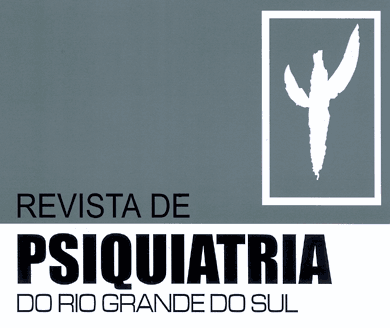The authors present an analysis of the psychiatric reform in Rio Grande do Sul, Brazil, using a historical perspective and an approach by three trends: institutional psychiatry; developments in the extra-hospital area; and policies of health implemented along the years. Based on the references adopted, the experience in Brazil and in Rio Grande do Sul was reviewed using the following sources: MEDLINE and Lilacs databases and official documents from the Brazilian Health Ministry and from the Health State Secretary. Nowadays, 14 years after the promulgation of State Law 9716, which refers to the psychiatric reform in Rio Grande do Sul and determines the progressive replacement of psychiatric hospitals by a network of full mental health care, the number of psychiatric beds was reduced in 35% and the proposal of an "alternative" care network to the mentally ill was not implemented as recommended, neither in an equal form. Bearing in mind that the present challenges, such as the phenomenon of the "revolving door" and the chronicle patient, show the necessity of extending primary and secondary care. The experience in Rio Grande do Sul brings into debate the possibility of changing the strategy, so that, instead of trying to structure "a system inside the system," as is placed today, more benefits can be drawn from the integration of mental health with the main programs in the Brazilian Unified Health System (SUS), such as Family Health Program (PSF) and Community Health Agents Program (PACS).
Psychiatry; hospital; psychiatric reform; health policies; evaluation of services; health economics

